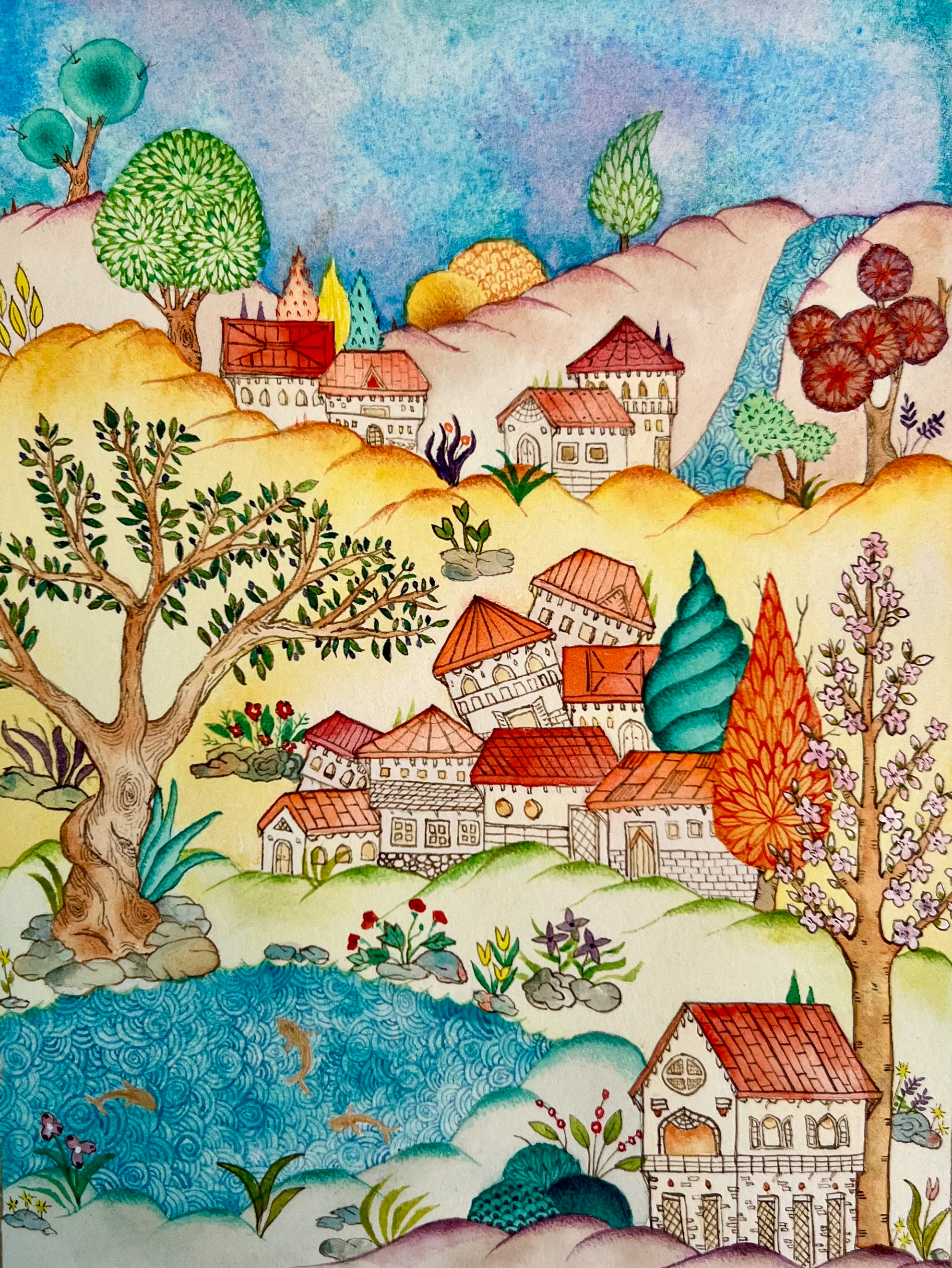CURRENT PROJECT
My first book project, Partial Grammars of Authority: Muslim Women and Bureaucratized Islam in Polarized Turkey, examines state-sponsored religious education as a site where sharing a common world amid fundamental disagreements becomes observable. Drawing on ethnography, archival research, and interviews, I focus on state women preachers (kadın vaizi) who deliver Islamic lessons as public servants. I analyze how these preachers guide—or deliberately refrain from guiding—Muslim audiences in navigating disagreements over Islam’s place in collective life. Care and communication amid disagreement among family members and strangers form an important throughline of the book. The book argues that bureaucratized Islam simultaneously facilitates ethical life for those who accept its authority while provoking anxieties about freedom and equality for those who do not, revealing how state-sponsored religious authority both mitigates and deepens polarization. The dissertation research and writing period has been supported by the Global Religion Research Initiative at Notre Dame University, the Pozen Center for Human Rights, the Center for International Social Science Research, the Martin Marty Center at the Divinity School, and the Dixit-Poged Dissertation Completion Fellowship at the University of Chicago.
My book advances debates on intragroup difference, the role of communication in political life, and modalities of modern state governance. By attending to religious sensibility within ostensibly homogeneous groups, which makes incommensurate perspectives and visceral repulsions analytically visible, I approach polarization as an affective phenomenon that exceeds ideology. I also show how reticence and indifference operate as political virtues rooted in a religious tradition, exploring alternative—non-liberal/secular—means of democratic coexistence beyond free speech and open debate. Finally, I theorize authority as a distinct modality of state governance—analytically separate from biopower and violence—demonstrating how the modern state manages polarized citizenry through differentiated bureaucratic maneuvers of religious authority. Together, these interventions contribute to an emergent anthropology of polarization, exploring how proximate radical alterity—manifested in fundamental disagreements and limits of understanding—is experienced and managed in everyday ethical life, shaping the most intimate relationship, including that of the family.
In addition to a monograph for an academic audience, I am preparing a journal article, titled “On Others’ Veiling: Religious Authority and its Political Work amid Polarization,” to be submitted to American Ethnologist. I will also be presenting another paper at the 2025 American Anthropological Association (AAA) annual meeting, titled “De-gendering Difference: The Birth of the ‘Family Bureau’ through the Gendered Reform of Turkish State Fatwa.” I plan to turn this paper into a journal article for Comparative Studies in Society and History.
FUTURE PROJECT
My second book-length project, while continuing my focus on ethical and political life amid polarization, shifts its ethnographic lens from state institutions and orthodoxy to nonstate actors and heterodox practices, such as shrine visits, voluntary offerings, and Islamic sorcery. Shaped by inherited local customs and often subject to suspicion, these practices remain widely used by ordinary Muslims, who pursue a better life by fracturing and forging relations with others and God. Examining these non-orthodox practices, I will theorize how customary practices channel individual desires in the shared world through transcendent relations rather than reasoned persuasion. In doing so, the project proposes a nonsecular approach to social relations of care and intervention, which is co-constituted through everyday engagement with the beyond-human horizon.


